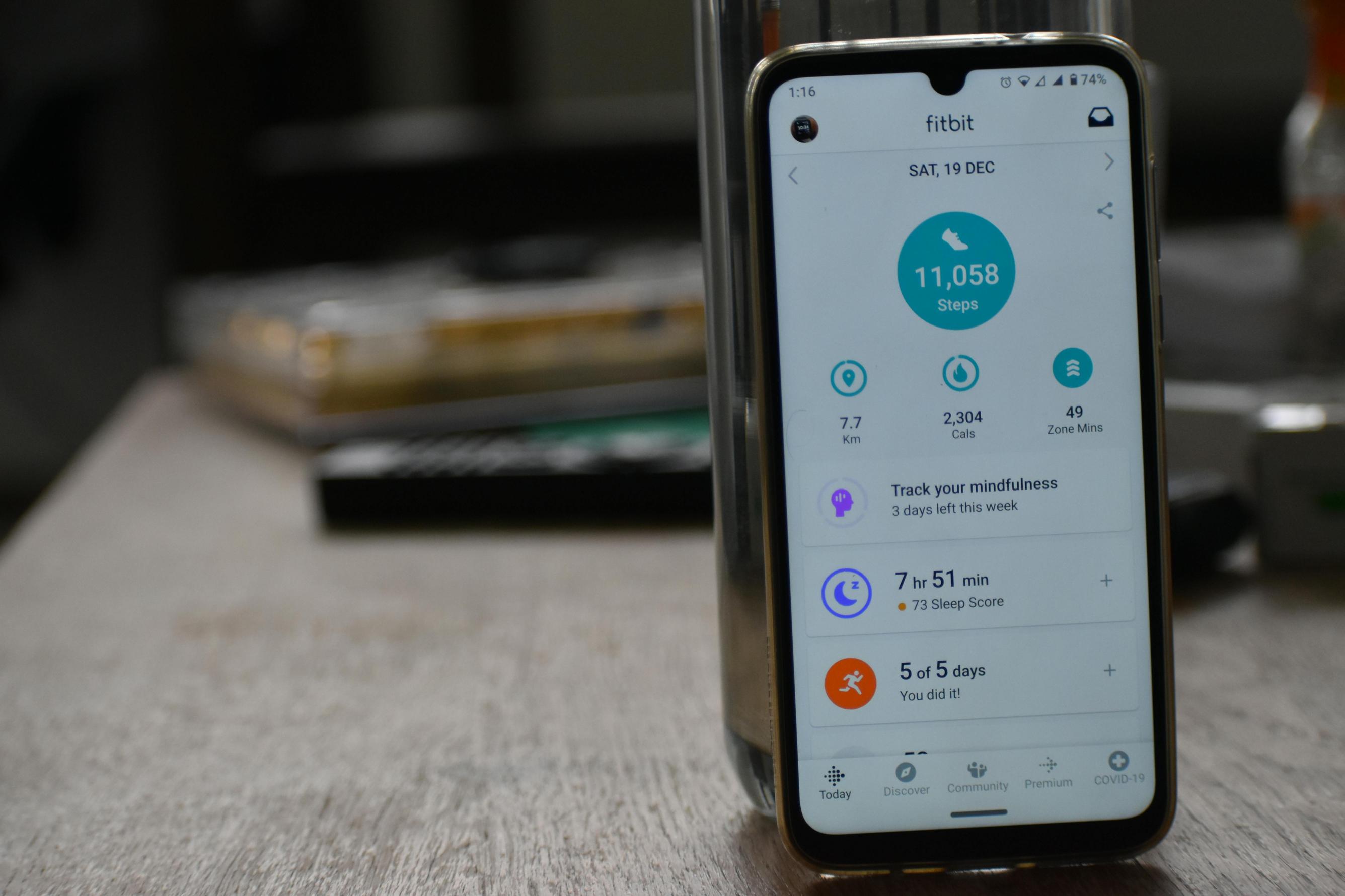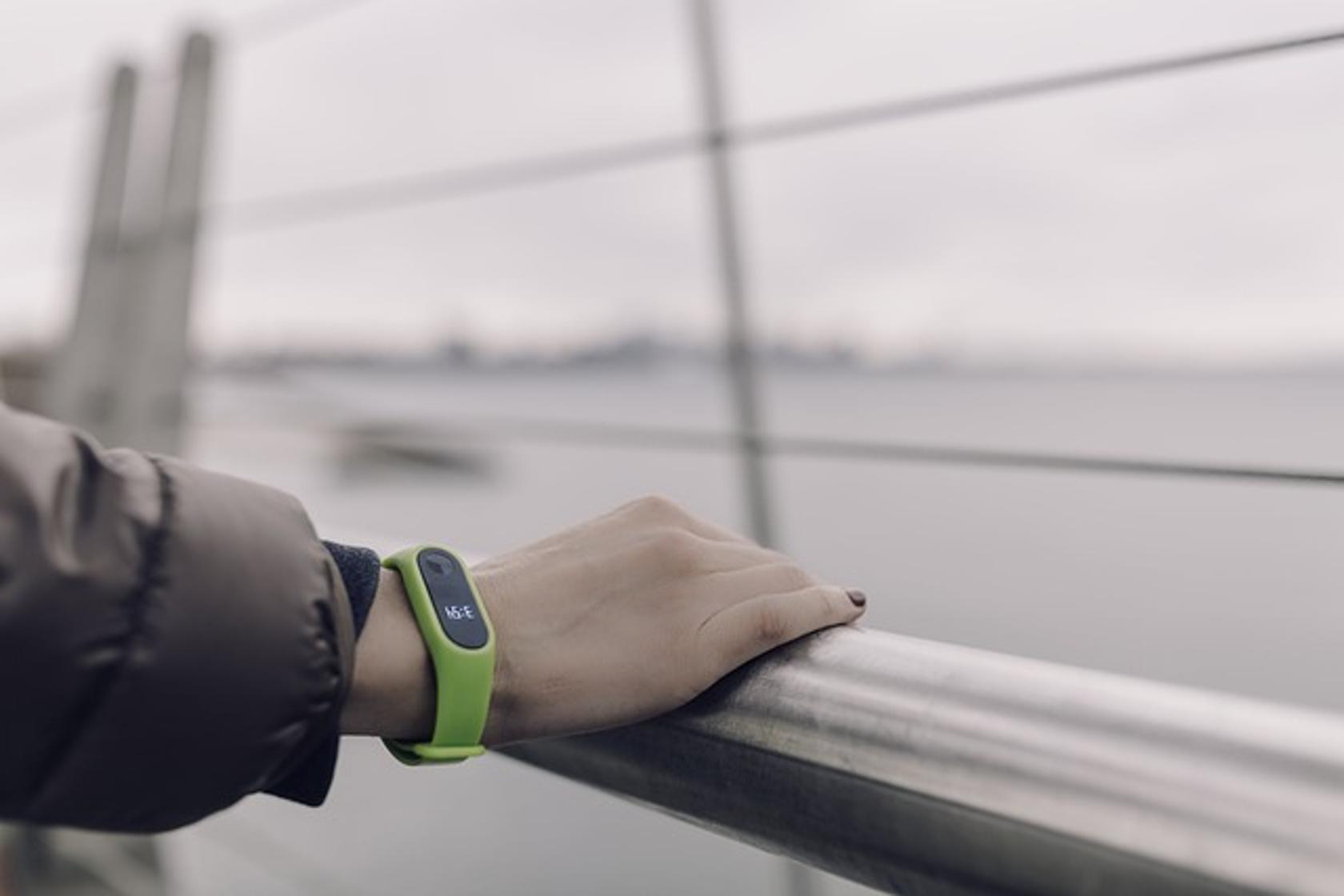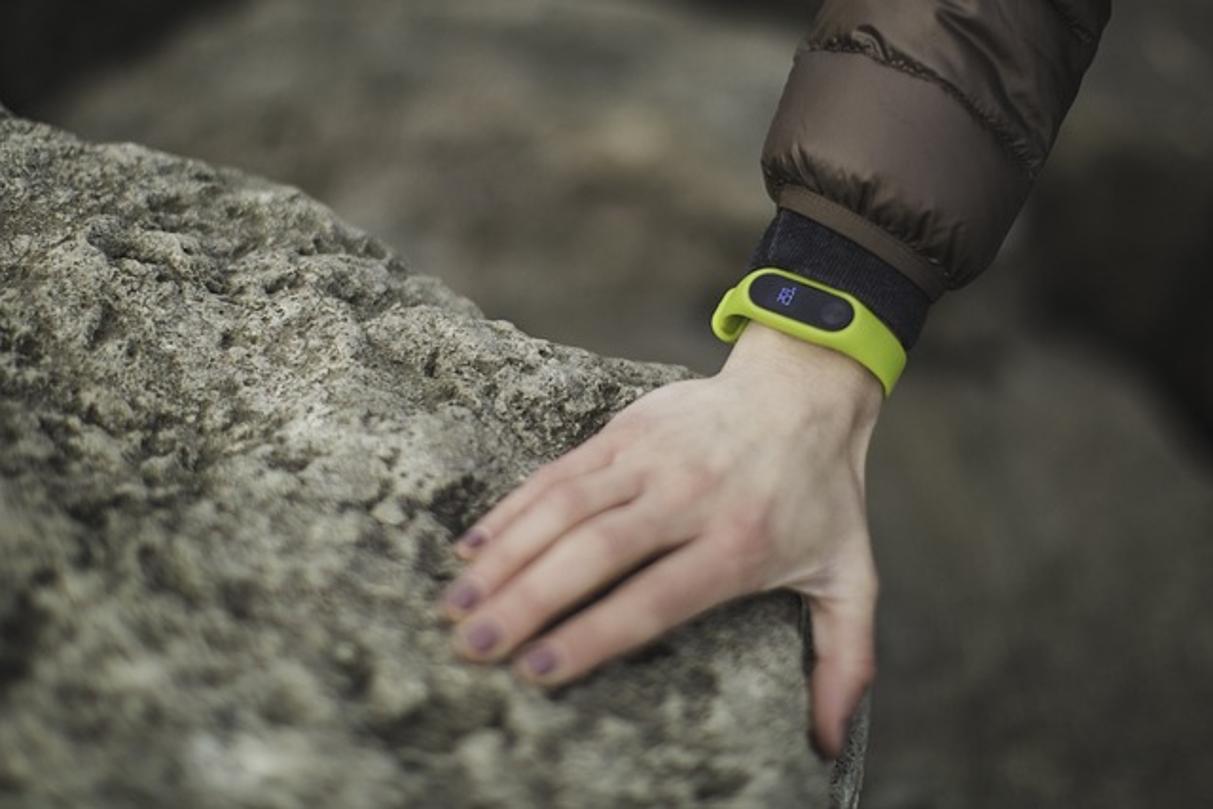How Accurate Are the Calories Burned on Fitbit?
Introduction
Curious about the accuracy of the calories burned displayed on your Fitbit? You're not alone. As fitness devices become more integrated into our daily routines, understanding their accuracy becomes crucial. Fitbit, one of the leading names in wearable fitness technology, claims to provide detailed insights into your calorie expenditure. But just how precise are these readings, and should you rely on them to manage your health and fitness goals?
This blog will explore the underlying mechanisms of Fitbit's calorie calculations, examine the factors influencing accuracy, compare it with other brands, and provide tips for maximizing the reliability of your device's calorie tracking.

How Fitbit Calculates Calories Burned
Fitbit employs advanced algorithms to estimate the calories you burn throughout the day. These algorithms consider various inputs and data points collected from its sensors.
-
Basal Metabolic Rate (BMR): The BMR measures the number of calories you need to maintain basic physiological functions. Fitbit estimates your BMR based on your age, weight, gender, and height.
-
Activity Data: Fitbit tracks your movements using its built-in accelerometer and gyroscope. This data helps the device distinguish between different types of activities such as walking, running, or sedentary periods, and estimates the calories burned accordingly.
-
Heart Rate: For devices equipped with heart rate monitors, Fitbit uses your heart rate to refine calorie estimates. Higher heart rates usually indicate more intense physical activity, burning more calories.
By combining these elements, Fitbit provides an estimate of your total daily calorie expenditure. However, several factors can influence the accuracy of these readings.
Factors Influencing Accuracy
Various factors can impact how closely Fitbit's calorie estimates match your actual calorie expenditure. Understanding these can help you get the most out of your fitness tracker.
Differences Between Models
Not all Fitbit models have the same sensors and algorithms. For example, newer models like the Charge 5 and Versa 3 offer more sophisticated sensors, including continuous heart rate monitoring, which can improve accuracy. In contrast, older or simpler models may rely solely on movement data.
Placement and Fit on the Wrist
How you wear your Fitbit can affect its readings. The device should be snug but not too tight, sitting about a finger's width above your wrist bone. If it's too loose, it may not accurately capture your movements or heart rate, leading to less accurate calorie estimates.
User Input (Age, Weight, Gender)
The accuracy of Fitbit's calorie calculations also depends on the quality of the user data supplied. Incorrect age, weight, or gender information can skew your BMR calculations, resulting in inaccurate calorie estimates. Always ensure your profile settings are up-to-date for the most reliable results.
Comparative Accuracy with Other Smartwatches
Fitbit isn't the only player in the game when it comes to tracking calories burned. Let's examine how it stacks up against other popular smartwatches.
Apple Watch
The Apple Watch uses a combination of heart rate data, movement sensors, and GPS to estimate calories burned. Studies suggest its calorie estimates are generally comparable with Fitbit's, though user preferences and specific use cases can tip the balance one way or the other.
Garmin
Garmin's devices, particularly popular among athletes, offer detailed calorie tracking using advanced metrics tailored to different sports. It often provides more nuanced data, although general everyday calorie tracking may not always be significantly more accurate than Fitbit's offerings.
Other Brands
Other brands like Samsung, Polar, and Xiaomi offer varying degrees of accuracy. These devices often rely on similar technology (accelerometers, heart rate sensors) but may differ in the specifics of their algorithms. Consumer reviews and independent tests generally place Fitbit in the middle of the pack for calorie accuracy.
User Testimonials and Research
Many users have shared mixed testimonials regarding Fitbit's calorie tracking accuracy. While some find the estimates closely match their perceived exertion levels and weight management goals, others report discrepancies compared to other methods like manual logging or other fitness devices.
Research studies also show varied results. Some studies indicate that Fitbit devices provide reasonable accuracy, especially for general activity tracking. However, there are instances where calorie estimates may be off by as much as 20-30%, particularly for high-intensity exercises.

Tips for Improving Calorie Tracking Accuracy
While you may not have control over every variable, there are several steps you can take to improve the accuracy of your Fitbit’s calorie tracking.
- Wear it Correctly: Ensure your Fitbit is worn securely on your non-dominant wrist and fits snugly.
- Update Personal Information: Regularly update your profile with accurate age, weight, and other physiological data.
- Use Manual Tracking for Specific Activities: For high-intensity workouts or unique activities, manually logging exercises may yield more accurate results.
- Calibrate Your Device: Some Fitbit models allow you to calibrate the step count for improved accuracy.
- Sync Regularly: Regular syncing ensures your device is up-to-date with the latest firmware and algorithm improvements.

Pros and Cons of Fitbit's Calorie Tracking
Pros
- Ease of Use: Simple interface for daily tracking.
- Comprehensive Metrics: Combines multiple data points for a holistic view.
- User-Friendly: Apps and dashboards are highly intuitive.
Cons
- Variability in Accuracy: Not always precise, especially for high-intensity activities.
- Dependence on User Input: Requires accurate input for best results.
- Quality Differences Among Models: Lower-end models may offer less reliable data.
Conclusion
Fitbit's calorie tracking offers a reasonably accurate method for estimating your daily energy expenditure, but it's not infallible. By understanding the factors that influence accuracy and taking steps to ensure optimal data collection, you can leverage Fitbit's capabilities to support your fitness goals effectively.
Frequently Asked Questions
How can I make my Fitbit's calorie tracking more accurate?
To improve accuracy, wear your device snugly on your non-dominant wrist, update your profile information regularly, and consider manually logging specific activities.
Are Fitbits more accurate than other fitness trackers for calorie counting?
Fitbit is one of the more reliable brands, but its accuracy is comparable to devices like the Apple Watch and Garmin's offerings. The best choice often depends on individual needs and preferences.
Do Fitbit calorie estimates take into account daily activities outside of workouts?
Yes, Fitbit calculates your Total Daily Energy Expenditure (TDEE), which includes both active exercise and calories burned during routine activities like walking, talking, and even sleeping.



